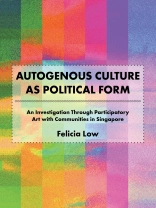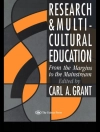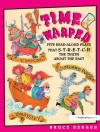In Singapore, the discussion of all things community is highly sensitive and potentially provocative. Artists who work with communities risk being politicised for various identitarian purposes. This book presents an auto-ethnographical account of three participatory art projects conducted by the author, with the incarcerated in a governmental disciplinary centre, a Non-Governmental Organization that supports sex workers and three young women in an independent art project in Singapore. It proposes a concept of autogenous cultural practices, which are defined by life practices that neither rely on nor protest the influence of the state on the site of the body and everyday life. Instead autogenous cultural practices establish their own forms of life and measures of value that are in no way dictated by predetermined institutional forms of social life and engagement.
Sobre o autor
Dr. Felicia Low, a graduate of Goldsmith’s College (London) has been a practicing visual artist since 1999. Her projects have mostly been site-specific, performative and community-specific as she works collaboratively with different sectors of society. She was the recipient of the Outstanding Youth In Education Award 2005 and was selected for the President’s Young Talent Show 2009 organized by the Singapore Art Museum. A doctoral scholar of the National University of Singapore, Felicia obtained a Ph D in Cultural Studies in Asia in 2015. Felicia is also the founding director of a not-for-profit organization, Community Cultural Development (Singapore), which aims to provide a critical discursive platform for artistic practices that engage with communities in the region.












